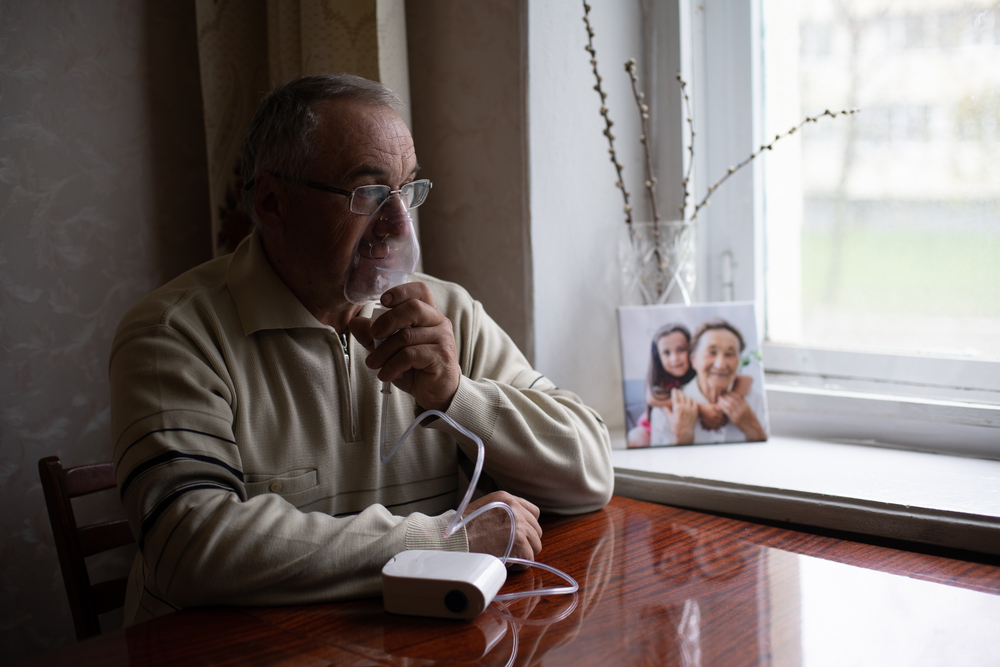Leading Causes of Death in Elderly Adults
Category:

What is the leading cause of death in elderly? There are several causes of death for elderly adults but fortunately, it is possible to keep one’s health in check to make sure things do not go this far. In this post, we will review the leading causes of death in elderly.
Statistics: Leading Causes of Death In Elderly
According to the Centers for Disease Control and Prevention, there were 10 causes of death for adults over the age of 65 across all genders and races in 2020. We will list out all of the potential leading causes of death for elderly as well as the number of people who died in 2020 from that cause below:
-
Heart disease: 556,665
-
Malignant neoplasms: 440,753
-
COVID-19: 282,836
-
Cerebrovascular: 137,392
-
Alzheimer’s disease: 132,741
-
Chronic lower respiratory disease: 128,712
-
Diabetes mellitus: 72,194
-
Unintentional injury: 62,796
-
Nephritis: 42,675
-
Influenza and pneumonia: 42,511
Let’s take a closer look at these causes in the next section.
A Closer Look at the Leading Causes of Death in Elderly
In this section, we will take a look at the leading causes of death and break them down into greater detail. However, it is advised to speak with your medical provider about proper steps for treatment.
1. Heart Disease
Heart disease includes heart attack, heart failure, coronary artery disease, and heart arrhythmia, which can cause your heart to beat ineffectively and affect your circulation. It is advised to quit smoking, exercise regularly, eat nutritious meals, and only drink alcohol in moderation to prevent risk for heart disease.
2. Malignant Neoplasms
A malignant neoplasm is another name for a cancerous tumor, which is often caused by smoking, excessive alcohol use, excessive exposure to radiation and ultraviolet rays, and even genetics. These can be treated with surgery, chemotherapy, radiation therapy, or targeted drug therapy.
3. COVID-19
Older adults and immunocompromised people are at the highest risk for COVID-19. To protect themselves, older adults should get their vaccine and booster shots and be sure to follow appropriate masking guidance and avoid being around sick people when possible.
4. Cerebrovascular
Cerebrovascular disease can include stroke, which is an interruption in blood flow to the brain. Strokes can cause immobility, paralysis, speech disorders and swallowing problems. To prevent this condition, it is vital to keep blood pressure, diabetes, and high cholesterol under control. Quitting smoking is also advised.
5. Alzheimer’s Disease
The causes of Alzheimer’s disease — which can cause memory loss, personality changes, and motor functions — are unknown but the disease can be slowed down with medications. It’s also advised to avoid head trauma, keep diabetes under control, and quit smoking.
6. Chronic Lower Respiratory Disease
Conditions such as asthma, chronic obstructive lung disease, chronic bronchitis, and emphysema make it difficult to breathe. It is advised to quit smoking and be mindful of burning wood on the stove or fireplace, which can increase chances of lung damage.
7. Diabetes Mellitus
Diabetes can weaken the immune system and increase risk for stroke, heart disease, and other circulatory problems. It is advised to quit smoking, eat a healthy diet, and exercise regularly to keep diabetes under control.
8. Unintentional Injury
For people over the age of 65, risks of accidents — such as falls — can result from balance disorders, failing eyesight, or slower reflexes. Exercise programs can help older adults maintain balance and improve strength. Additionally, it’s important to keep eyeglass prescriptions up to date, wear rubber-soled flat shoes, and be aware of medication side effects to help prevent unintentional injuries.
9. Nephritis
Possible causes for nephritis, or kidney inflammation, can include autoimmune diseases, bacterial infection, or exposure to toxins. An older adult should speak to a doctor to determine the best treatment, as they may need dialysis to remove excess fluid.
10. Influenza and Pneumonia
People with chronic diseases, such as heart disease, diabetes, and other respiratory conditions — have a higher risk of contracting influenza and pneumonia. This is why it is advised to practice good hand hygiene to avoid spreading germs and avoid exposure to cigarette smoke to keep lungs in shape. Older adults should also talk to their medical provider about vaccines.
Subscribe
Date: 2023-05-23
Category:


